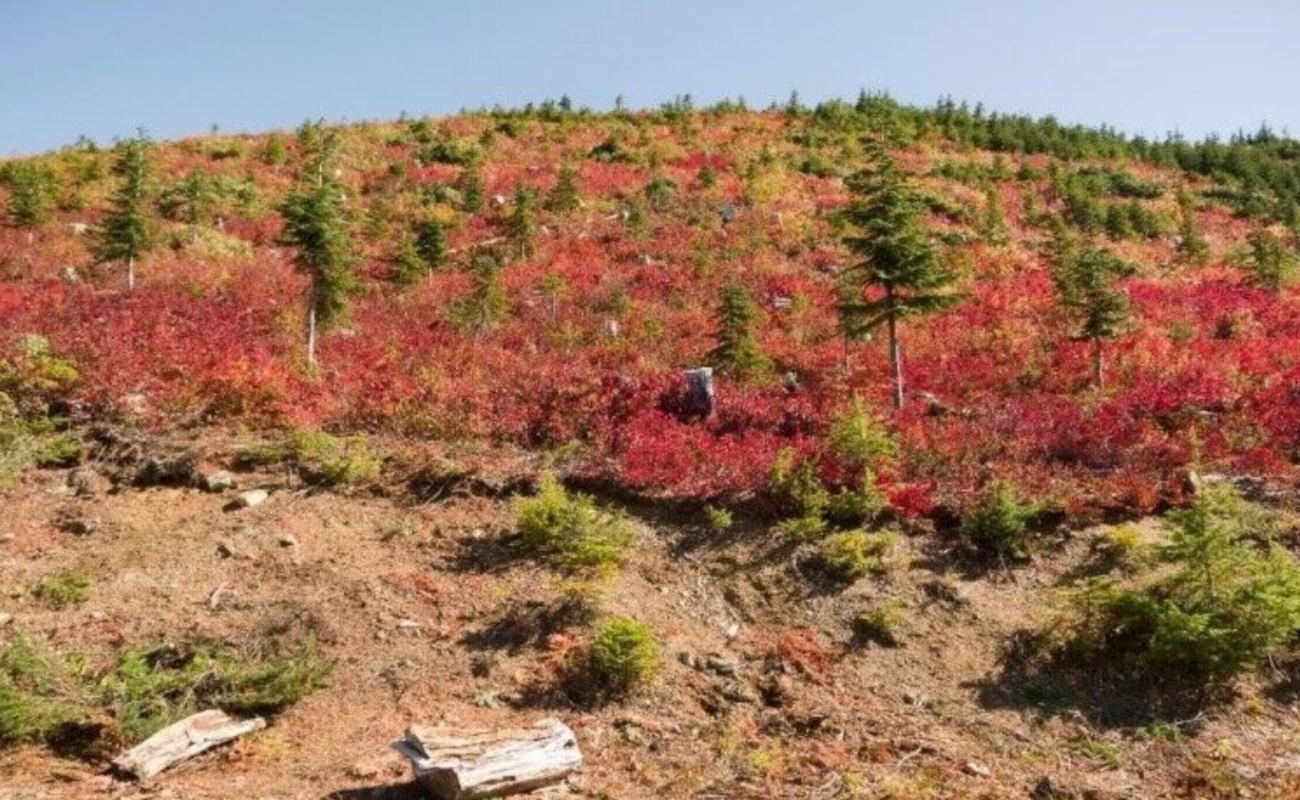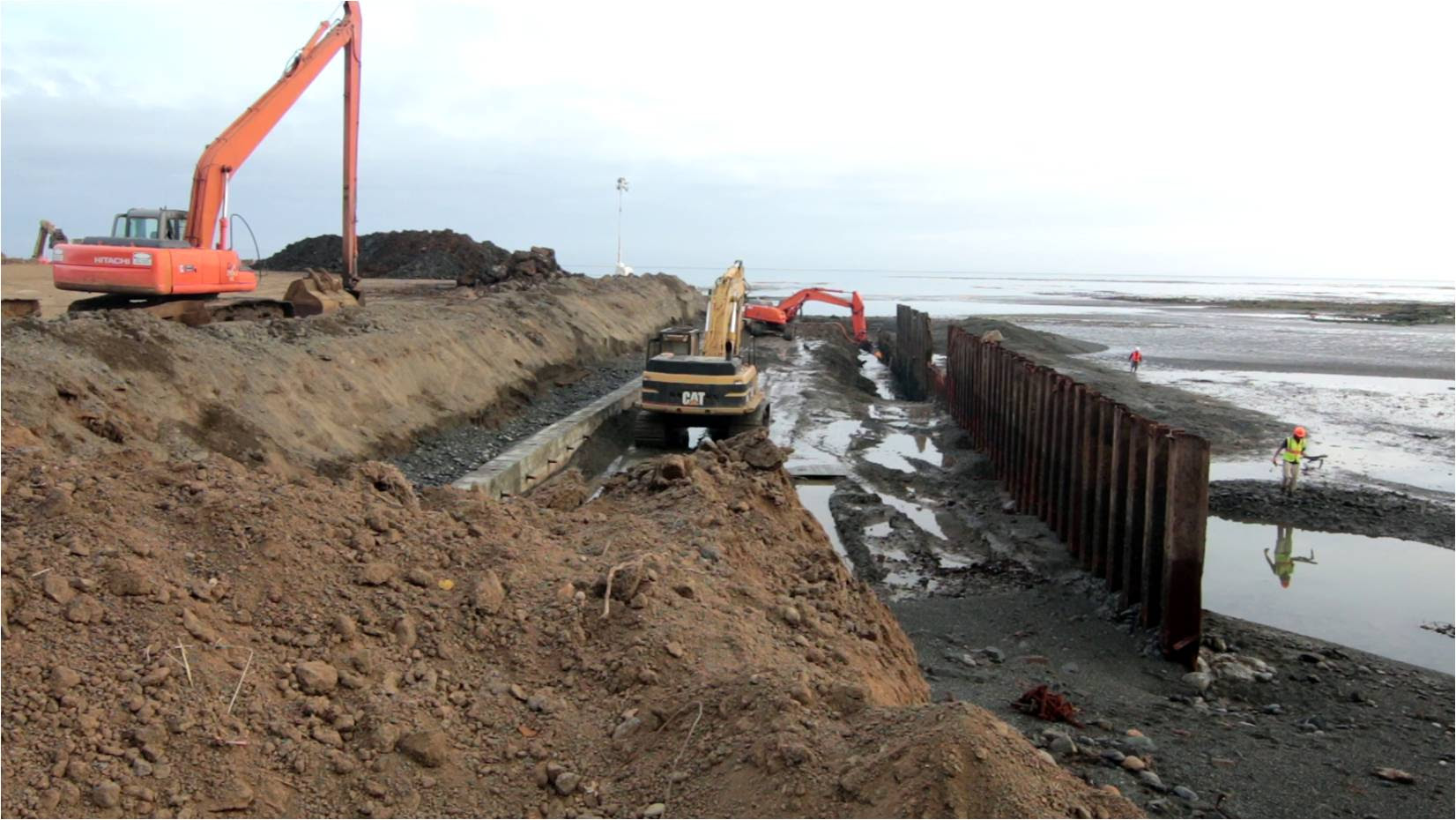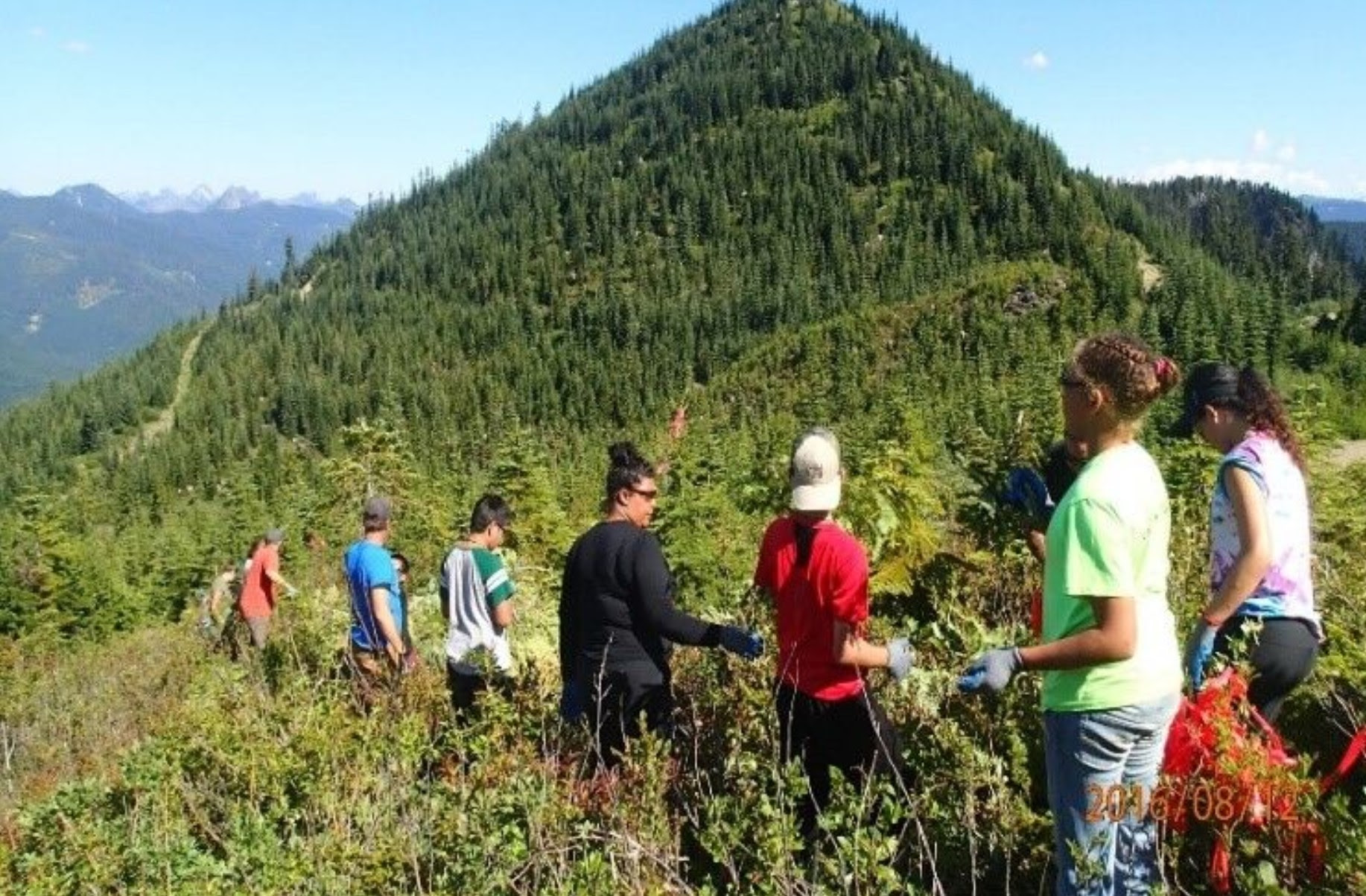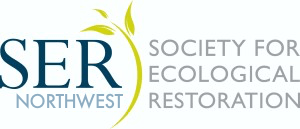
2019 Northwest Chapter Awards
RESTORATION PROJECT OF THE YEAR
To be awarded to a public, private, non-profit- owned and/or sponsored/implemented restoration project, or a collaboratively-owned and/or implemented restoration project making a significant contribution to restoration in the Cascadia bioregion.
Coquille Working Landscapes Project
SERNW recognizes the work of the Oregon Department of Fish and Wildlife, Beaver Slough Drainage District, China Camp Gun Club, The Nature Conservancy, The Coquille Indian Tribe, and the Coquille Watershed Associate, in their efforts to restore tidal influence to disconnected historic habitat off the mainstem of the Coquille River. SERNW feels the involvement of diverse partners involved in this work furthers the application and effectiveness of ecological restoration, and respresents a “Breaking the Silos”approach. The project was also awarded in recognition of the long-term “Working Landscapes” approach taken by this project and its partners –it is a demonstration of how ecological restoration can be accomplished to achieve goals and objectives of restoring resource values, while helping to maintain the economic viability of the people who live and make their living off the land.

Old Tidegates (BSDD) – Heavy wooden doors with failing culverts behind gates. There were four such gates in total.

Completion of China Camp Creek Project Tidegates (Summer 2018)

Winter Lake Restoration Phase – Rre-creation of historic, meandered channels and filling in of interior ditches. (Summer 2019)
RESTORATIONIST OF THE YEAR
For recognition of individual efforts to promote ecosystem health, integrity and sustainability through ecological restoration.
Jamie Michel – Nearshore Restoration Biologist – Coastal Watershed Institute
SERNW presents this award for Jamie’s work in nearshore ecosystem restoration on the Elwha and Twin River ecosystems: identifying the continued erosion of the Elwha east delta, developing innovative strategies for addressing the problem, and proactively acquiring funding and completing project actions. Jamie has furthered SERNW’s mission in developing the art and science of ecological restoration, as these nearshore ecosystem restoration actions have contributed another important piece of the large-scale restoration begun with the Elwha Dam removal in 2012, and help create the tools and methods for future dam removal and nearshore restoration projects.
SERNW feels Jamie’s work on the Elwha and Twin Rivers nearshore ecosystems has made considerable contributions to promote ecosystem integrity and sustainability through ecological restoration activities. We appreciate the dedication of restoration professionals such as Jamie, who are willing to persevere through challenges and setbacks to restore ecological integrity to degraded areas within the Cascadia bioregion.


SERNW SPECIAL AWARD – “BREAKING THE SILOS”
To be awarded to a person, team or project representing a restoration theme or focus of restoration science and practice chosen annually by the Board of Directors.
Tulalip Mountain Huckleberry Co-Stewardship Area- sweda?xali (Place of Mountain Huckleberries)
SERNW’s Board of Directors presents this award in recognition of the landmark stewardship partnership to restore a high elevation huckleberry meadow to a natural state, create a place for cultural renovation and healing, and build an environment for teaching the next generations.

Huckleberry enhancement
The establishment of the Tulalip Mountain Huckleberry Co-Stewardship Area – swədaʔx̌ali (Place of Mountain Huckleberries) in partnership with the US Forest Service, as one of the first co-stewardship areas in the county, represents a unique approach to restoring both ecosystem and cultural values. The Tribes’ committed and sustained efforts and interdisciplinary approach to addressing high elevation meadow degradation such as soil erosion, conifer encroachment, and fire reintroduction have contributed to SERNW’s mission in the development of the art and science of ecological restoration. In addition to real conservation and restoration gains, the Tulalip Tribes have created opportunities to engage and educate the next generation to be passionate about their land and protection of it. The long-term monitoring planned with the project will provide valuable information that will help further the science of ecological restoration. The value of this initiative to sustaining tribal culture and connection to ancestral mountain lands such as swədaʔx̌ali also makes it of high value to conservation efforts throughout the Cascadia bioregion, and truly represents a “Breaking the Silos” effort.

Tulalip youth at Swedaxali

Swedaxali Project Team
“Treaty rights encompass more than an opportunity to pick berries, hunt game or harvest fish. Having a meaningful role on the ground, in the stewardship of these resources, helps reconnect tribal peoples to these lands and the teachings of their ancestors.” – Libby Halpin Nelson- Tulalip Environmental Policy Analyst and Project Coordinator
“Indeed, reconnecting tribal peoples to these lands is a significant point of emphasis. That is why the work in our 10-year co-management plan was initiated this past August by the Tulalip youth who participated in Mt. Camp 2016. The energetic youth worked under the diligent supervision of Tulalip Forestry staff to remove conifers that diminish opportunities to gather huckleberries.” – Tulalip News, October 12, 2016
*Nominations can be made to the committee any time throughout the year, and normally will be presented at our Annual Chapter meeting. We welcome your nomination! Nominations require a letter of support (or detailed email) documenting the nominee’s contribution’s in the field of ecosystem restoration. Please contact sernw@ser.org with your

